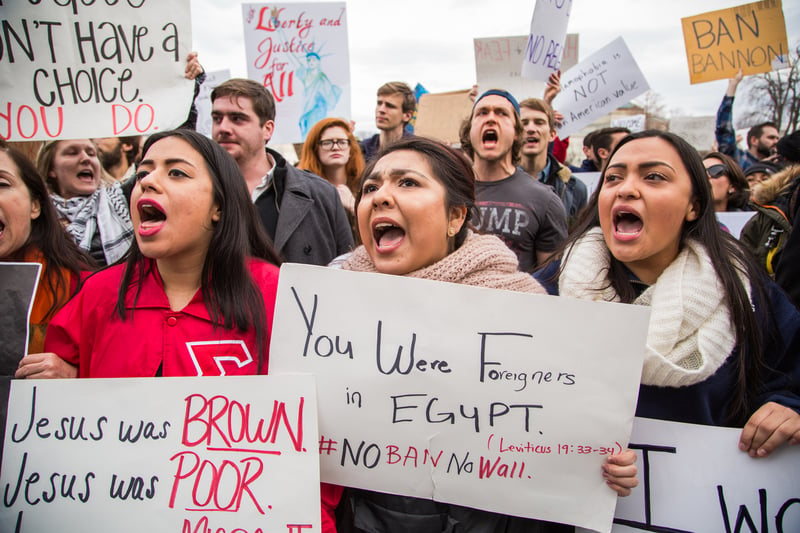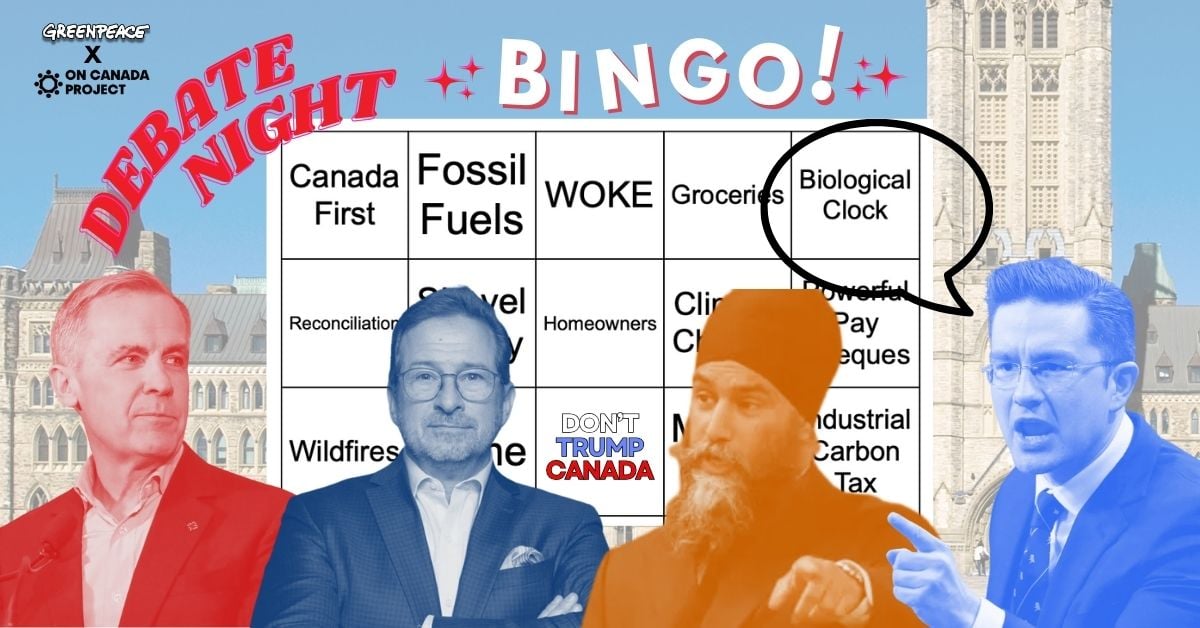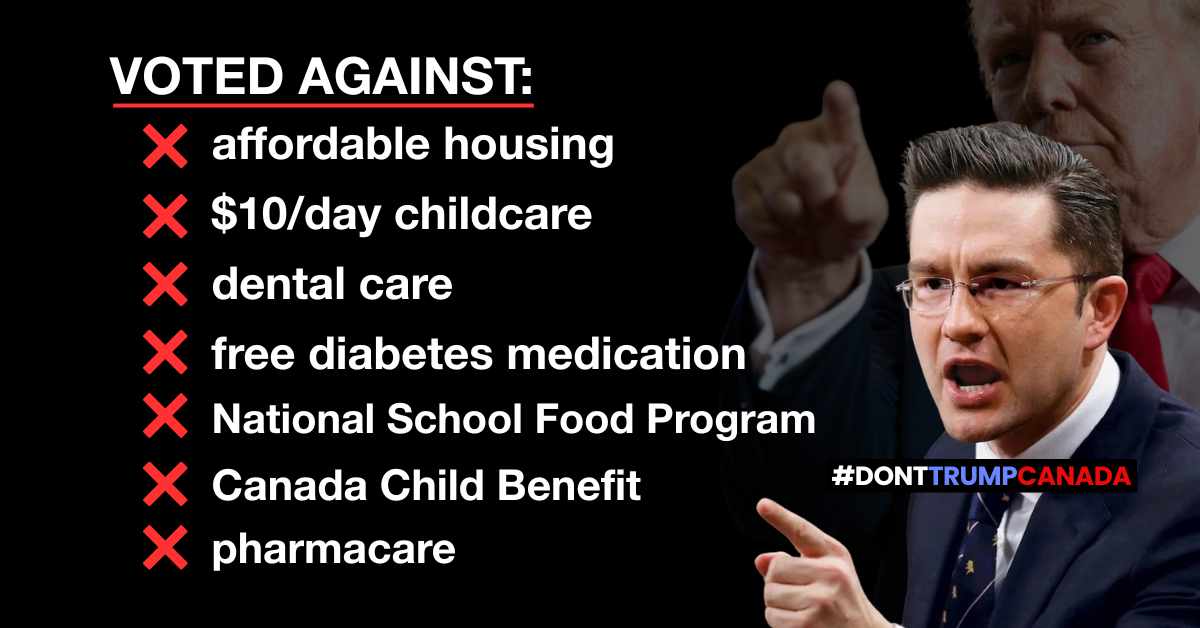Why scapegoating immigrants is older than Poilievre and why we need to reject it now
In recent speeches, Conservative Party leader Pierre Poilievre has escalated his rhetoric around immigration. He has promised harsh consequences, including deportation, for “lawbreaking” by people on temporary visas, specifically mentioning protests, vandalism, and what he labels “hate marches.” His language is aggressive and deeply concerning. Not just for what it says outright, but for what it signals.
Because the bigger issue is not just one politician. It is the fact that in times of crisis or uncertainty, immigration becomes a convenient target. This is not new. Canadian politics has a long history of blaming newcomers for systemic failures. From the Chinese Head Tax to the refusal of Jewish refugees in the 1930s, to the more recent crackdowns on asylum seekers, immigrants have long been used as scapegoats when things get hard.
We are watching that same playbook unfold again. Only this time, it is being framed as protecting people and defending Canadian values.
And yet, when called out, politicians often lean on a familiar story: Canada is a multicultural mosaic. They remind us that diversity is our strength. That we should be proud of how welcoming we are. It is the story Canada likes to tell about itself. A story that says Canada is about tolerance, inclusion, and opportunity.
But do we, as a country, really live up to that story?
Because if we truly valued multiculturalism, we would not treat immigration like a problem to be solved. We would not celebrate newcomers for their food, festivals, or labour while denying them status, rights, and dignity. We would not build a national identity around diversity while routinely targeting migrants with racist policies, inflated tuition, precarious visas, and political scapegoating.
We would not forget that unless you are Indigenous to this land, you are here as a guest. Whether your ancestors arrived last year or two centuries ago, you are living on lands taken without consent, often through violence, broken treaties, and forced displacement. There is no moral high ground in policing who gets to stay or who gets to belong when the very foundation of this country was built on dispossession.

So when we talk about “illegal immigration,” we have to pause. How can anyone be illegal on stolen land? The idea collapses under its own weight.
When Poilievre says he will deport people for “hate marches,” we have to ask: who defines what constitutes hate? Whose speech is protected? What happens when the same language is used to target Palestinians, Muslims, queer and trans communities, or Black organizers or Indigenous land defenders who speak out against injustice? What happens when peaceful protest is rebranded as terrorism, and dissent is treated as a threat to “Canadian values”? When solidarity is treated as sedition?
We know how these stories go. The state does not just go after the loudest. It goes after the most vulnerable.
Real safety does not come from arrests or deportations. It comes from community. From housing, healthcare, status, and the ability to live free from fear. It comes from a society that sees people as human beings and not as problems to be managed.
So no, we will not be distracted by talking points or headlines that pit us against one another. We will not accept fear as a substitute for policy. And we will not forget that many of the people demanding deportations today are descendants of settlers who arrived uninvited, undocumented, and unwilling to leave.
The question is not: Should immigrants be allowed to stay?
The question is: What kind of society are we building if people are only welcome as long as they stay silent and small?
There is no justice in a country that erases its history while punishing people for trying to survive.
There is no freedom in a place that calls itself diverse but demands conformity.
And there is no safety in a nation that values order over truth.
We deserve better. We are capable of more.
And we remember: there are no illegal people on stolen land.



